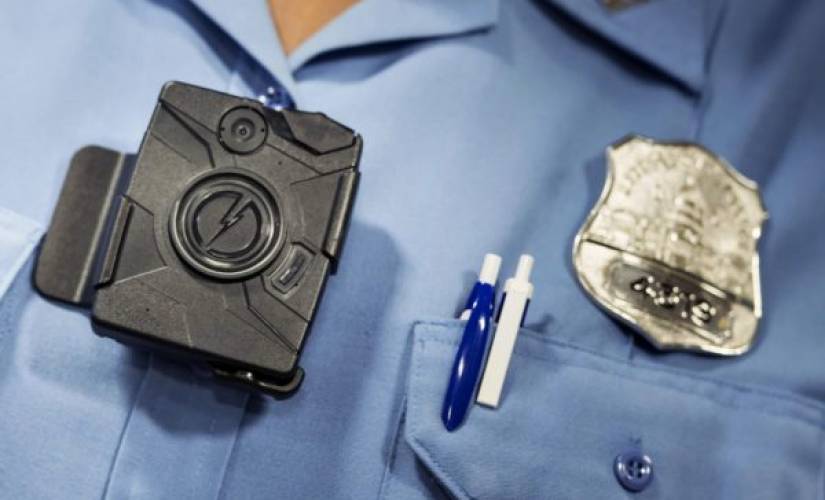European police have achieved a significant milestone in law enforcement technology by making their first arrest using Interpol’s advanced Biometric Hub. This breakthrough, reported by The Register, marks a new era in international policing, leveraging cutting-edge biometric technology to enhance security and crime prevention efforts.
In Sarajevo, Bosnia and Herzegovina, authorities apprehended a fugitive migrant using a fake identity while en route to Western Europe. Interpol’s recently activated Biometric Hub, developed with French identity and biometrics vendor Idemia, facilitated the suspect’s capture. The Hub utilizes Interpol’s global fingerprint and facial recognition databases to match individuals’ biometric data, providing real-time information to law enforcement agencies.
The Biometric Hub, introduced in October, is now accessible to law enforcement in all 196 member countries of Interpol. It combines Interpol’s existing fingerprint and facial recognition databases, both powered by Idemia’s technology, with a matching system based on the same vendor’s biometric tech. This integration allows for efficient and accurate identification of persons of interest in police investigations.
Interpol and Idemia’s collaboration dates back to 1999, with Idemia developing Interpol’s Automated Fingerprint Identification System. Their partnership was further solidified in 2016 with the integration of Idemia’s facial recognition capabilities into the Interpol Face Recognition System.
The Biometric Hub will undergo a two-year expansion, eventually extending biometric checks to border control points. This expansion will enable the system to perform up to one million forensic searches per day, including fingerprints, palm prints, and portraits. The aim is to streamline biometric searches by allowing officers to submit data through a single interface, reducing the need for human review unless necessary.
Data governance and privacy concerns
To address data governance and privacy concerns, Interpol asserts that the BioHub complies with its data protection framework. The system ensures that uploaded face and hand scans aren’t added to criminal databases or made visible to other users. Data that does not result in a match is deleted after the search.
While the BioHub represents a significant advancement in international law enforcement, it also raises questions about data privacy and security. Similar concerns have been voiced regarding America’s TSA’s facial recognition program, which also uses Idemia’s technology. As these technologies become more prevalent, the balance between security and privacy continues to be a critical topic of discussion.
Interpol’s use of Biometric Hub in making an arrest demonstrates the growing role of technology in law enforcement. As these tools become more integrated into policing efforts worldwide, they offer the promise of enhanced security. However, they also bring challenges and responsibilities, particularly in the realms of data privacy and ethical use. The ongoing development and implementation of such technologies will undoubtedly shape the future of international law enforcement and border security.





